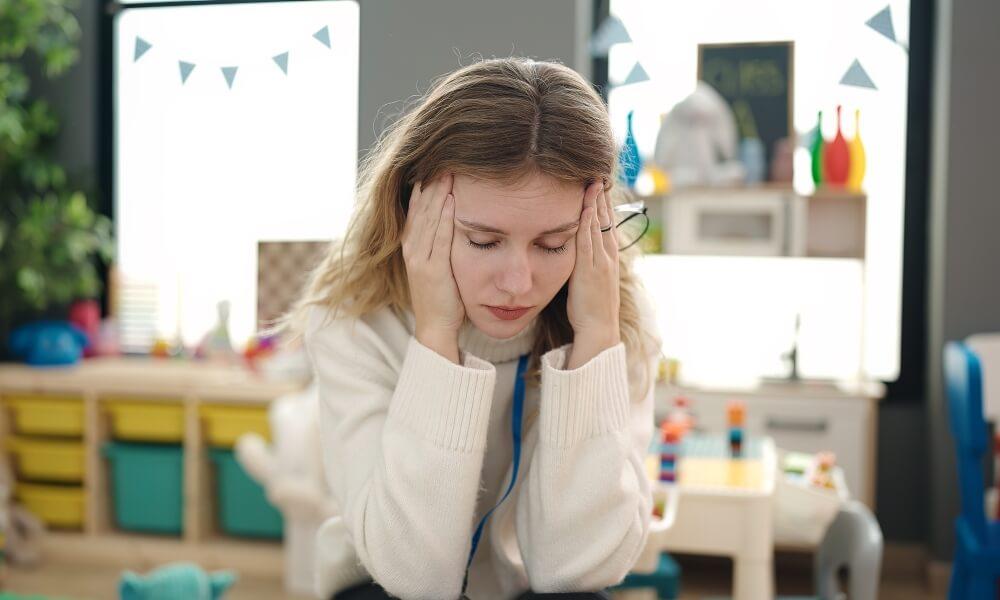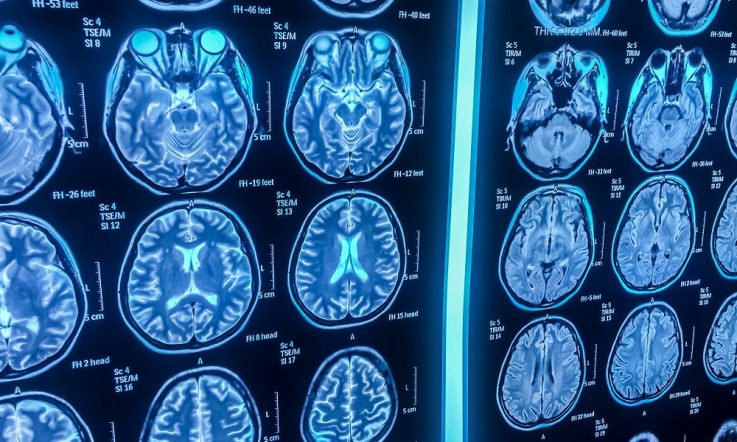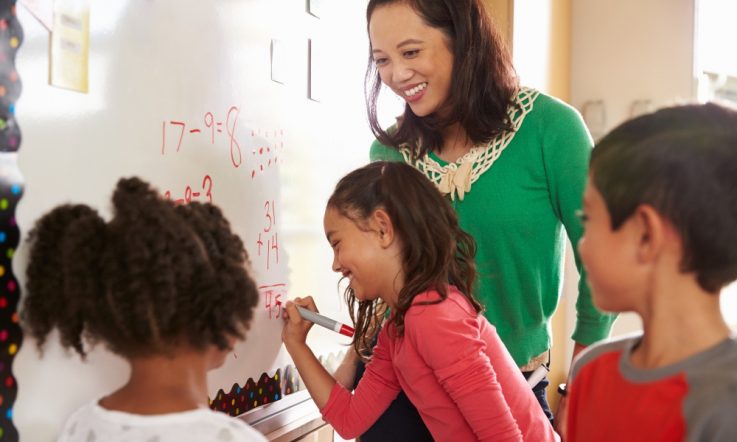Student wellbeing is a core priority for schools, but supporting staff wellbeing is equally important. Researchers behind the trial of a meditation program for primary students have just launched a new study focusing on principals and teachers.
‘We weren’t looking at expanding (the program) but the demand from the education sector was strong,’ Dr Peta Stapleton, a professor and clinical psychologist from Queensland’s Bond University, tells Teacher.
In this first phase, 40 school leaders in Queensland are learning 5 stress-reduction techniques across 5 weeks. The academic says it was important to offer a range of strategies to see what appeals to each participant. They include self-regulation Emotional Freedom Techniques (also known as EFT or ’tapping’), a self-applied hypnosis-based sleeping technique, and a guided visual meditation.
‘We're delivering it every Friday afternoon based on the school information that teachers will check their emails and think about the week ahead,’ Dr Stapleton explains. ‘So, we're giving them the technique for the week ahead on a Friday afternoon, and [testing if that works].
‘We hope to then go to an Australian school leader national trial; that would probably be early next year … and then potentially seeing what we can do with that at a much bigger level.
‘Because, the teachers are the ones suffering, but school leaders – if you don't have buy-in from your school principals, your year level coordinators, or [subject heads] and you've got teachers in the classroom trying to do stuff, but you haven't got that support above I think it can really unwind it all. So, we are kind of going a bit higher and we'll just see what happens.’
This latest trial follows a 2022 wellbeing study where 552 children aged 4-8 and 287 children aged 9-12 in Queensland listened to a short visualisation-based meditation at the start of the school day.
‘Results for the 4-8 years group showed daily meditation of 5 minutes predicted an increase in happiness and self-reported school performance, and a decrease in emotional and behavioural difficulties,’ Dr Stapleton says. ‘In the 9-11 years group, 7 minutes of meditation predicted an increase in emotional awareness and a decrease in emotional and behavioural difficulties as measured by scores from baseline to post-intervention.’
The team repeated the study at the end of 2023 with another 2,000 students and found similar results; the findings from the follow-up will be published later this year.
On the staff side of the equation, Dr Stapleton and colleagues also carried out a 2019 survey of Australian teachers exploring psychological distress, coping styles and wellbeing (Stapleton et al., 2020). It found above-average clinical symptoms of anxiety, depression and physical concerns, and 17% of the 166 participants met the criteria for probable alcohol dependence.
Sharing their findings in the Australian Journal of Education, the researchers noted: ‘The high levels of psychological distress symptoms identified in the current study are important if teachers are responsible for fostering student emotional wellbeing. If teachers’ mental health outcomes are negatively impacted by work-place stress, their capacity to address and promote wellbeing in students may be reduced.’
Teachers in the 2019 study were also asked about the source of their stress. ‘So, yes, they talk about the students in the classroom, but they really talked about the lack of support from the school system.’ Dr Stapleton recalls.
‘The biggest source of their stress, they said, was inappropriate teaching fit. And what they meant by that was they might have been a trained grade 6 teacher, for example, and being told, with no warning, “you're teaching year 1 next year”, whereas their skills may have lay in that older [age group] … or whatever. A high school teacher who's been told “you're teaching Mathematical Methods” and they're like “that's a step up from General Mathematics”.
‘I was completely overwhelmed at the time of that study because people were handwriting me anonymous letters (they were so paranoid that someone would see they've sent me an e-mail) … saying they just wanted to tell me what they're experiencing; they're on stress leave, they’re on sick leave.’
Dr Stapleton hopes the latest meditation study with educators could help stem the loss of teachers from the profession due to stress and mounting workloads.
References
Stapleton, P., Garby, S., & Sabot, D. (2020). Psychological distress and coping styles in teachers: A preliminary study. Australian Journal of Education, 64(2), 127-146.



